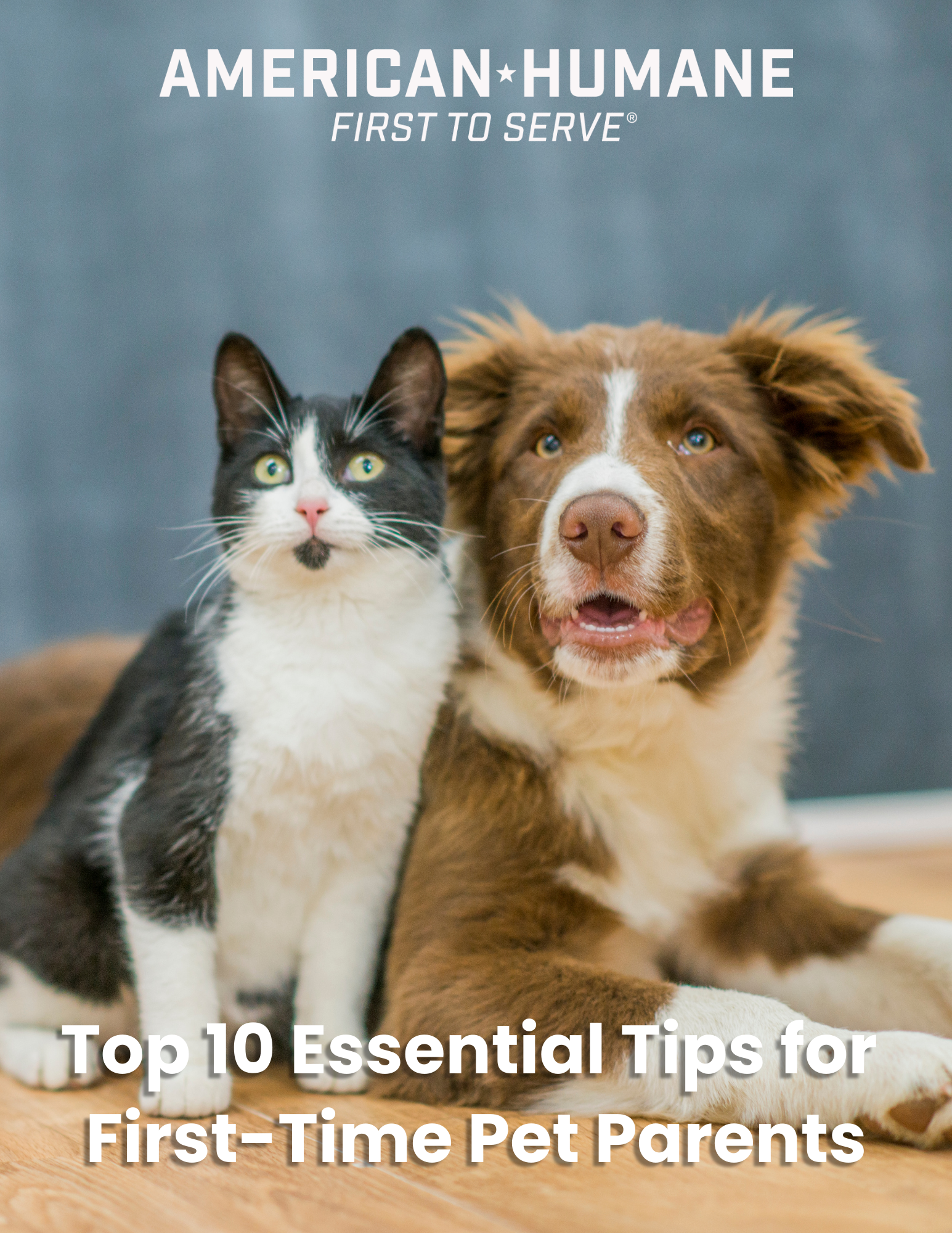
Cats make great companions for people of all ages and walks of life. Whether you are a busy single professional living alone in a small apartment in the city, a family with children living in a house in the suburbs or a senior citizen living in a retirement home, a cat can be your ideal pet.
Cats are especially great company for senior citizens for a variety of reasons:
Improved Mood
Seniors can become lonely, or even depressed, when they retire or lose their spouse, or when their children move away. Some seniors become depressed simply because they do not get out and about as much anymore. Studies show that pets help seniors overcome loneliness and depression by providing affection, company, entertainment and a sense of responsibility and purpose.1 Seniors with pets tend to get up, talk and smile much more than when there are no pets around.1
Improved Health
Even though cats require fairly minimal care, the care they do require provides much-needed exercise for older owners. Even seniors who have arthritis or other physical limitations can easily care for cats. Because cats need us to care for them by scooping their boxes, feeding them and giving them fresh water, cats get us up and moving whether we want to or not!1 Caring for and feeding a cat calls for routines and activities seniors might not otherwise have, providing important mental stimulation. This not only benefits senior citizens’ overall health, but can help them live longer and healthier lives.1
Cats vs. Dogs
Although dogs can also make great pets for some seniors and provide the same benefits as cat ownership, careful consideration should be given to the care, training and exercise requirements of a dog. Many older owners simply can’t keep up with a dog’s needs, which makes adopting a cat a much better choice.
- Unlike dogs, cats are happy staying indoors all the time.
- Most adult cats require only 20 to 30 minutes of playtime per day, and interactive play does not require the owner to be mobile. A kitty fishing pole or laser toy lets senior cat owners engage their cat in play while sitting in their favorite chair.
- Cats are also very content to spend most of their time sleeping on their owner’s lap or bed.
Choosing a Feline Friend
Here are some things to think about if you’re a senior considering a companion cat, or a friend or family member thinking about getting a cat as a gift for a senior (be sure to speak with your senior loved one first to ensure the gift is welcome!):
Longevity:
Before acquiring any pet, it is important to consider the lifespan of the animal and what will happen in the event that the owner is no longer able to care for the pet. In many cases, seniors need to move into a living facility that does not allow pets, or the pet outlives them. Both dogs and cats can live 15 to 20 years, so it is important that seniors have a younger friend or family member who is willing to take responsibility for the pet if necessary.
Kitten or adult:
Many people think that getting a kitten or puppy for a senior will help “keep them young,” when in reality, puppies and kittens often provide seniors with more stress than enjoyment. Choosing to adopt an adult cat or dog is generally a wise choice for seniors. Adult animals have fewer exercise and training demands, making them easier for seniors to keep up with. Additionally, older pets are also less likely to outlive their senior owner.
Temperament:
Arrange to visit your local animal shelter to view the cats available for adoption. Talk to the staff and ask for a calm, easygoing, adult lap cat with minimal medical requirements. The last thing a senior wants is an antisocial cat or one who is prone to urinary tract infections! Once your senior loved one decides on a cat — or two! – you can help shop for pet supplies (including a collar and ID tag) and set everything up in a convenient location for both owner and kitty.
Follow Up Care and Support
Once you help the senior in your life get a feline companion, be sure to provide follow-up care and support. Some seniors are not able to get to the store for needed supplies, while others are dealing with health or behavior problems with the cat and don’t know what to do. Be sure to check in with your loved one and their kitty to make sure things are going well.
If you know of a senior who is having difficulty affording veterinary care or food for a pet, be sure to contact your local animal shelter, food bank or veterinary clinic. Most professionals in the animal field understand how important pets are to seniors, so they may offer low-cost services and supplies just for seniors.
1 Veterinary Pet Insurance (2010). Pets and Senior Citizens. Obtained 4/10/2010.

